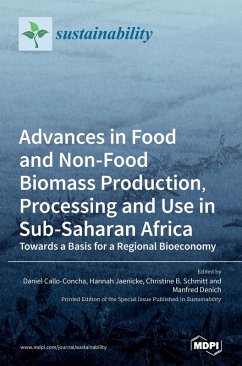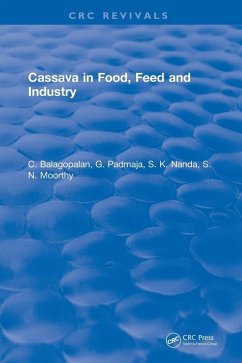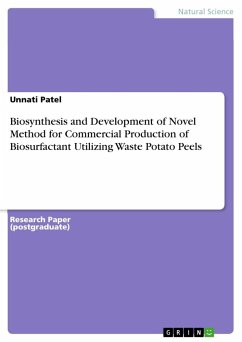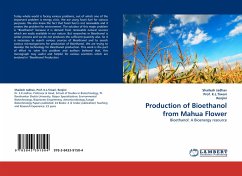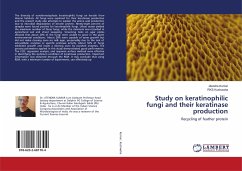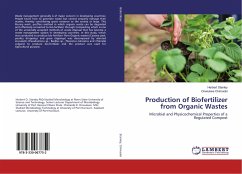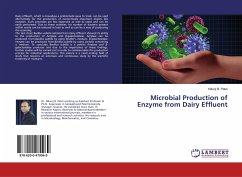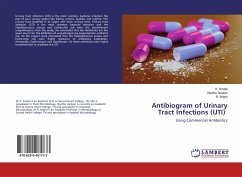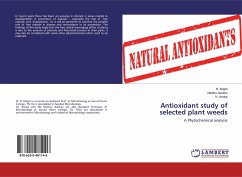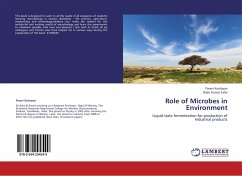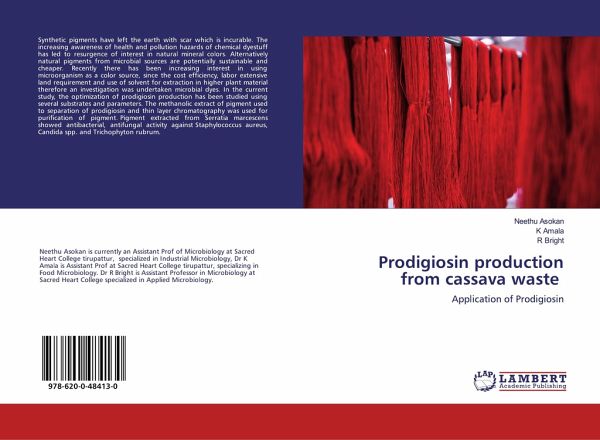
Prodigiosin production from cassava waste
Application of Prodigiosin
Versandkostenfrei!
Versandfertig in 1-2 Wochen
26,99 €
inkl. MwSt.

PAYBACK Punkte
13 °P sammeln!
Synthetic pigments have left the earth with scar which is incurable. The increasing awareness of health and pollution hazards of chemical dyestuff has led to resurgence of interest in natural mineral colors. Alternatively natural pigments from microbial sources are potentially sustainable and cheaper. Recently there has been increasing interest in using microorganism as a color source, since the cost efficiency, labor extensive land requirement and use of solvent for extraction in higher plant material therefore an investigation was undertaken microbial dyes. In the current study, the optimiza...
Synthetic pigments have left the earth with scar which is incurable. The increasing awareness of health and pollution hazards of chemical dyestuff has led to resurgence of interest in natural mineral colors. Alternatively natural pigments from microbial sources are potentially sustainable and cheaper. Recently there has been increasing interest in using microorganism as a color source, since the cost efficiency, labor extensive land requirement and use of solvent for extraction in higher plant material therefore an investigation was undertaken microbial dyes. In the current study, the optimization of prodigiosin production has been studied using several substrates and parameters. The methanolic extract of pigment used to separation of prodigiosin and thin layer chromatography was used for purification of pigment. Pigment extracted from Serratia marcescens showed antibacterial, antifungal activity against Staphylococcus aureus, Candida spp. and Trichophyton rubrum.



